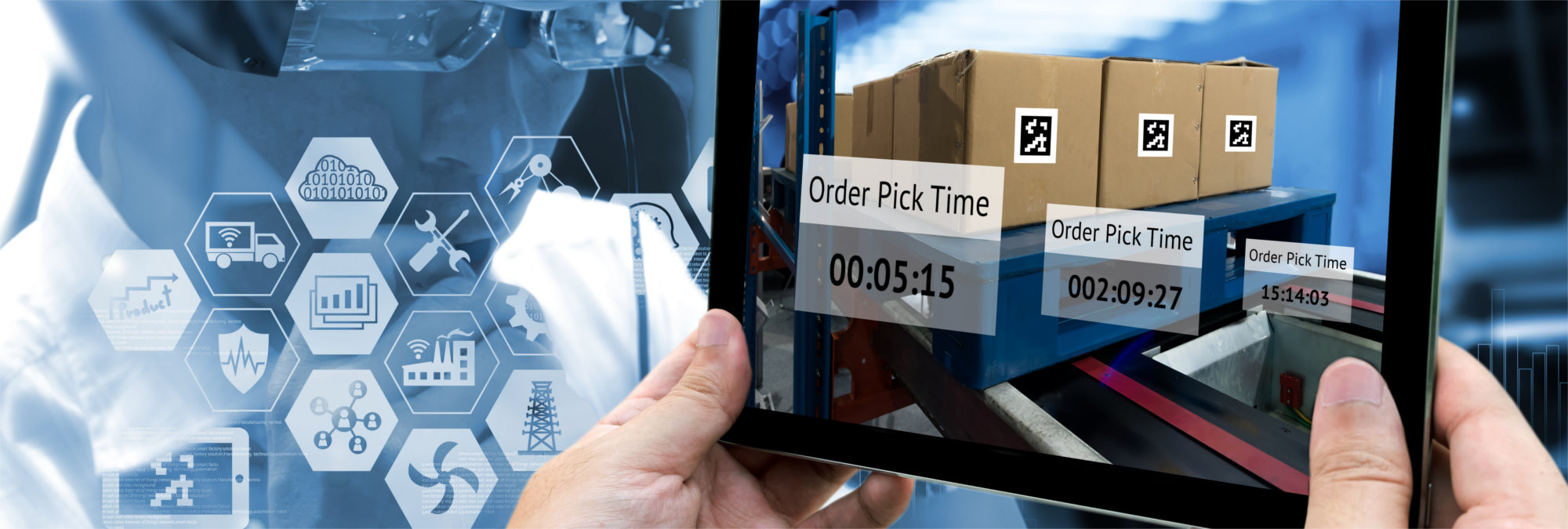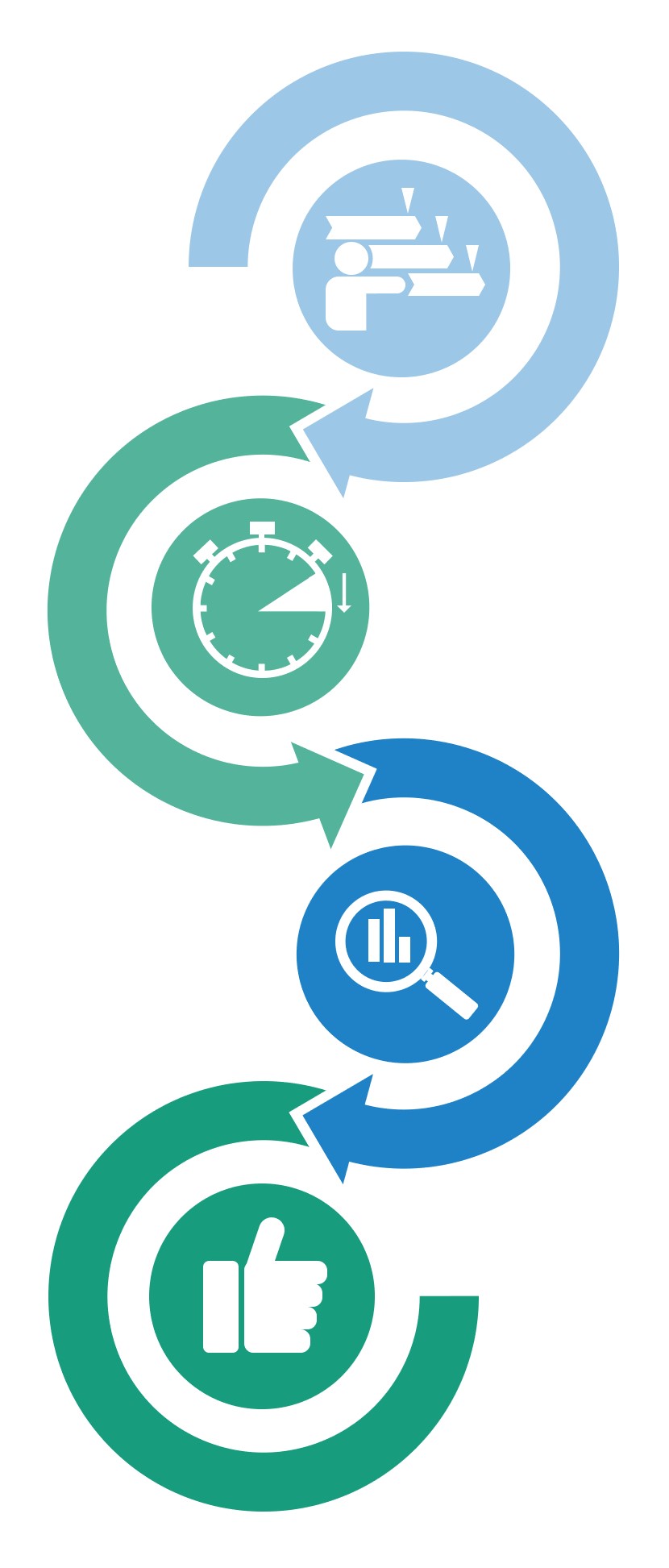REFA - Objective standard for Business Process Analysis for a comprehensive consulting
Established procedures of the REFA- methodology to analyze your business processes
Benefit of our know-how in a REFA-methodology based consulting to analyse your business processes, both in production and logistic related company areas as well as in management and administration.
Systems and analyzis based on the well-known and widespread REFA-methodology can be used in several cases of application. Besides the common time studies for the development and adjustment of work schedules, target times and capacity planning, the various REFA-methods can also be usefully applied in other areas. Our consulting provides appropriate support for your company in terms of the integration and standardization of core, management and support processes.
REFA - time studies
REFA's time recording methods can not only be profitably applied in production and logistics areas, but also in administrative and planning processes. In all sectors with repetitive business processes or procedures, the real occurring processes and time requirements can be recorded and derivable information and relations drawn from that can be analyzed. The procedure for carrying out a time study is divided into four steps: preparation, implementation, analysis and valuation.
 Fraunhofer Institute for Material Flow and Logistics IML
Fraunhofer Institute for Material Flow and Logistics IML
